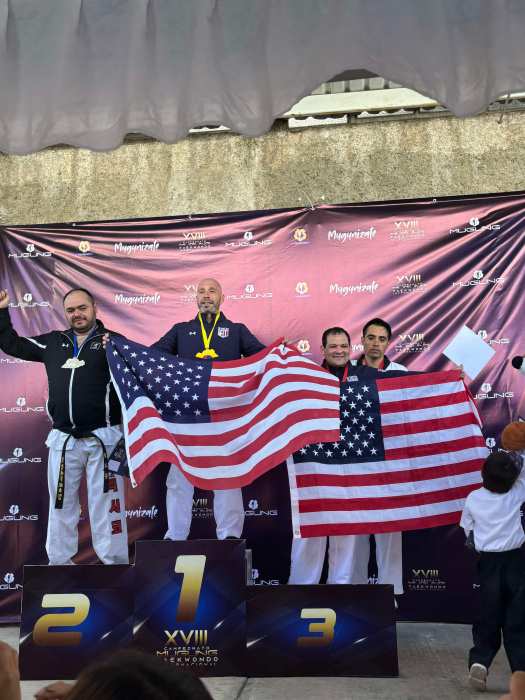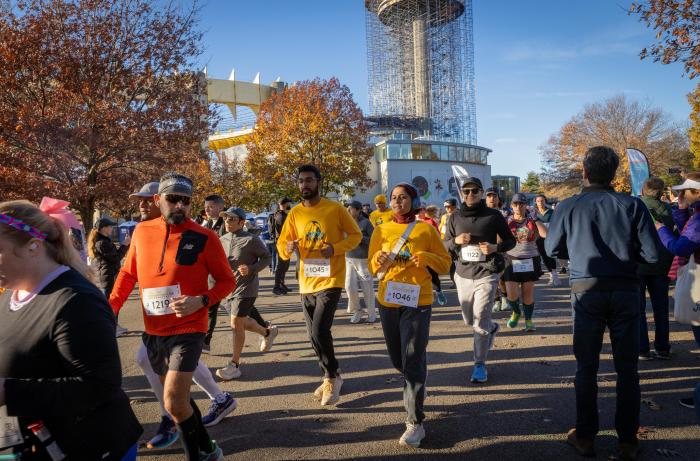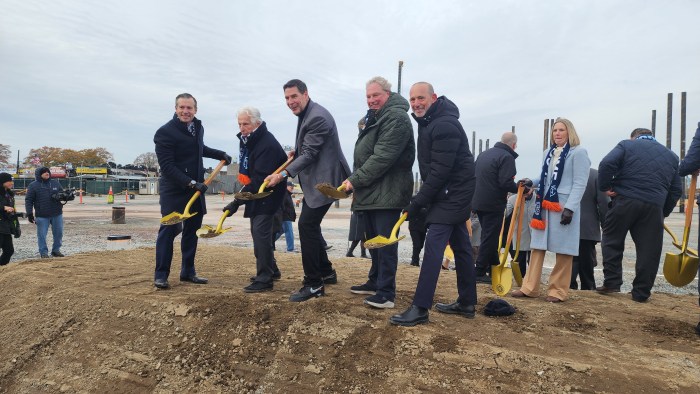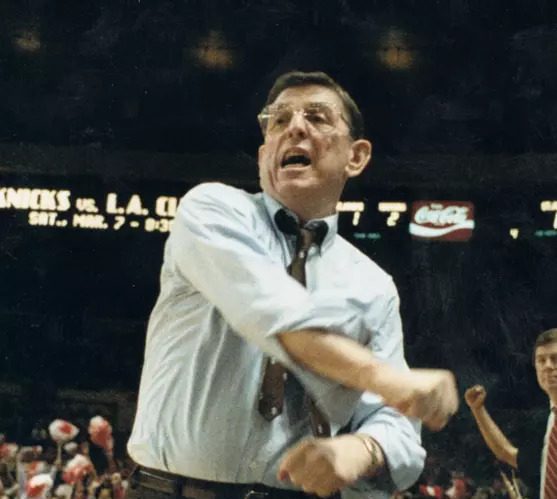Josh Levine is an accomplished basketball point guard, and as he streaks across the court at Draddy Gymnasium, that fact is immediately apparent. He seems fleeter, more quick thinking, than anyone else on the hardwood does. He is 19 years old.
By the end of the day, he will walk away from the Bronx facility with an All-Tournament award. However, right now, his focus is elsewhere. He tried with all his might, seconds ago, to scramble atop a loose ball. As a result, he has slipped out of his wheelchair.
Yes, this is wheelchair basketball. Josh Levine needs no help getting up. He stands, walks to his lonely chair, and gets back in. He is able to do so because he is what they call a “Class 3” - not a paraplegic, but a carrier of Legg-Calve-Perthes syndrome, a degenerative disease of the hip joint. Therefore, although he cannot play soccer or basketball the way most others can, he can walk.
“It’s a miracle!” Levine jokes after the game. That’s what his teammates sometimes say when he gets back up during practice. Falls are common in wheelchair basketball; in this game alone, five or six players have seen their chairs tip over. Eric Katz, one of Levine’s teammates and a paraplegic, does so early in the contest. He tries to prop himself back up with his own strong arms - and almost succeeds - before the whistle blows and an opposing player finishes the task.
There are ten players on the court this Sunday, October 12 afternoon, and they’re here at Manhattan College to play for some hardware. At stake is the Division III title of the Mayor’s Cup Wheelchair Basketball Tournament, an early-season event on the National Wheelchair Basketball Association’s calendar. The NYC Sports Commission, which founded the event in 2001, is in charge of 13 teams and a schedule three days long.
Levine’s club is the Connecticut Spokebenders, and they want the title badly. Last season, they made a habit out of finishing second, and enough is enough. So their intensity on this day is high. In wheelchair basketball, there is nothing to stop you from literally blocking your opponent from moving. For the Spokebenders defense, the sound of clinking, shrieking metal might as well be their credo.
Two players, neither of whom has the ball, are now engaged in a staring contest as they turn themselves left and right, each blocking the other’s path. Levine’s mom Donna, in the stands with her husband Sid, tells me that among the casualties of the day’s action has been her son’s wheelchair. Its tire flattened.
The intensity, then, is high. But, somewhat sadly, it is entirely confined to the court. There are other parents, siblings, and players sitting in the bleachers, and they are all watching intently. They number about 20 and from the stands of Draddy Gymnasium, you can still hear the buzz of the fluorescent lights.
“We don’t draw much of a crowd. I wish more people came,” Levine says. “In Europe [the sport] is huge. People go to Europe to get paid to play.”
For Levine, a future playing professionally is not in the cards. He is a freshman at Wesleyan University, where he is studying neuroscience and making trips once a week to the Spokebenders’ practice facility in New Britain. Mark Tartaglia, the team’s manager and a T4-T6 paraplegic, goes to school and still works fulltime at a construction company.
But the pleasures of playing every other weekend are about more than fame and fortune. Tartaglia “love[s] that we get to travel around” to cities from Montreal to Denver. Levine says that the sport “is huge for me. . . . I’ve grown up with these guys, [and] we’re all here to have a good time.”
Nevertheless, for Levine, the road to the Spokebenders was tough. When he was just 13, and still reeling from his difficulties walking, Levine discovered the world of wheelchair basketball thanks to some finger-tapping on a computer keyboard. Donna Levine had found the Connecticut club during a Google search, and her son’s first reaction was more than reticent.
“When I started, I didn’t really think wheelchair basketball was for me,” Levine says. “Not only did I think I was unqualified, but I didn’t think it would be a legitimate sport.”
But the team’s coach, Stan Kosloski, reached out, and he let Levine travel with the team when he was 15. A member of the NWBA Hall of Fame, a Paralympics gold medalist, and an original member of the Spokebenders, Kosloski helped Levine see that the sport was something to behold. Those who have never seen the game firsthand do not know what they are missing.
And so, four years later, Levine is a star of the team. He works out every day. He considers his teammates, who are still older than he is, family. And he has come to learn that wheelchair basketball was precisely the kind of experience he was looking for.
“There were definitely times at the beginning where I felt like I didn’t deserve it [because I could walk],” he says. “Now it’s huge for me. I have wanted to play team sports forever. … I came to realize that this is exactly what I wanted.”
He still wants to win, too. But thanks to some superb play - and a few long-distance darts - from the Twin City Spinners of Ontario, the Spokebenders were beaten in the final. The score is 46-21. Second place yet again.
The awards ceremony is quiet. The two teams line up at the side of the court, and they applaud as the trophies, plaques, and medals are presented, with family beside them. Then, they slowly file out, swapping stories and sandwiches as they head to the parking lot.
Draddy Gymnasium is a little quieter now. But one thought fills the air: How many people, spending their Sunday unaware of left-right pivots and two-spin travels, must have missed out on all the fun?



































